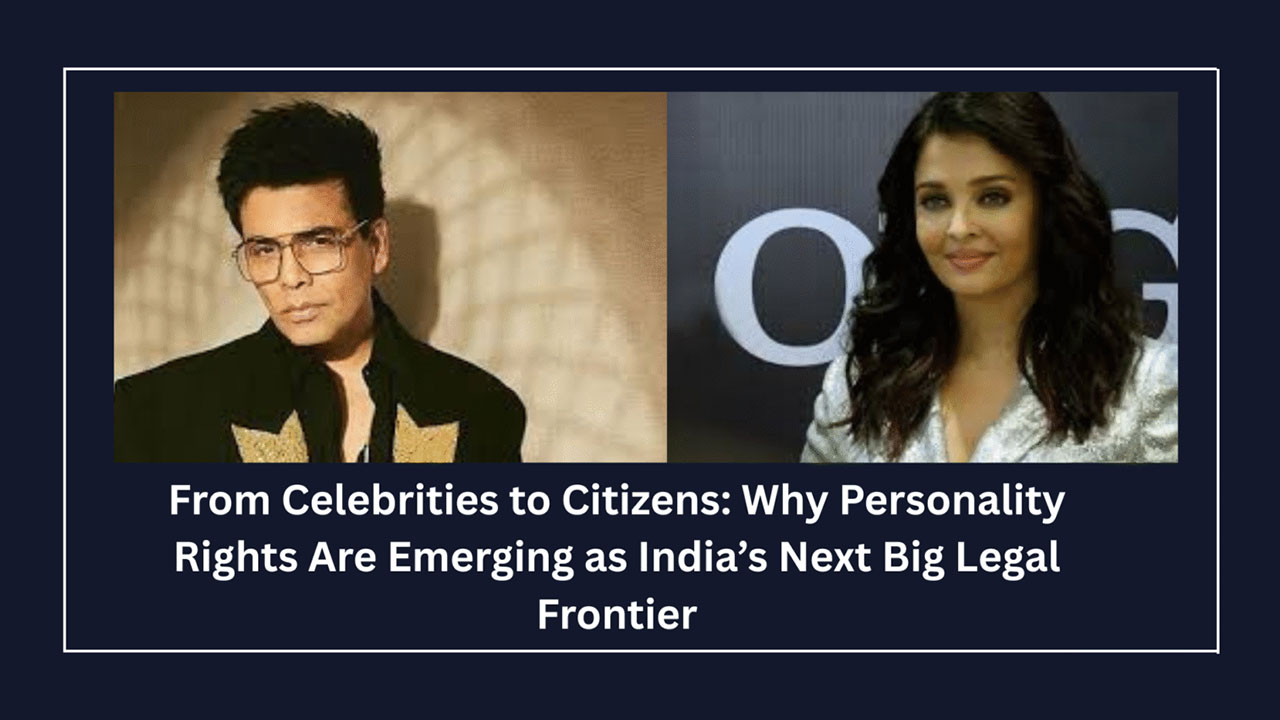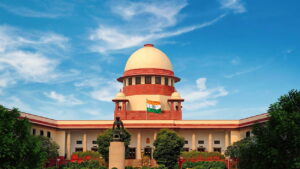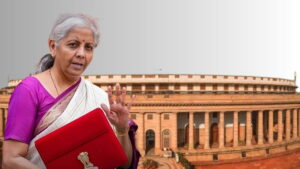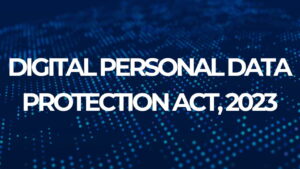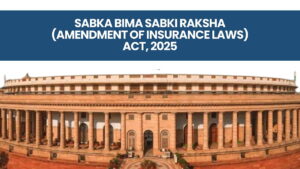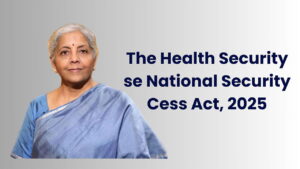Personality rights, often called publicity rights, refer to the legal rights of individuals, particularly public figures, to control and profit from the commercial use of their identity and personal attributes. These attributes may include name, likeness (images, photographs, videos), voice, signature, catch-phrases, mannerisms, or other distinctive features. The core idea is that a person has a proprietary or at least legally protectable interest in how others use these aspects of their persona, especially for commercial gain.
These rights overlap with several areas of intellectual property law (IPR) (such as trademarks, copyright, rights of performers), constitutional rights (privacy, dignity), along with torts (passing off, defamation) and contractual law. Because these rights are not always codified in a single statute in many jurisdictions (including India), they are built up through judicial precedent, as well as use of existing statutes.
The Recent Cases: Aishwarya Rai, Abhishek Bachchan & Karan Johar
In September 2025, a wave of litigation in the Delhi High Court has focused on protecting personality rights of several Bollywood personalities:
- Aishwarya Rai Bachchan and Abhishek Bachchan successfully obtained interim orders restraining various websites, platforms from using their names, images, voices without their consent — especially in ways that suggest endorsements or product affiliations.
- Karan Johar has recently filed a petition seeking broader protections of his personality rights, highlighting misuse such as the unauthorised sale of merchandise featuring his name/image, fake profiles, domain‐name misuse, impersonation, and content of an obscene nature purportedly using his persona without permission.
In the Johar case, the Delhi High Court has signaled that it may grant interim relief/injunction to protect his personality and publicity rights.
Legal Foundations in India: What Laws Apply
Because India does not have a single statute called the “Personality Rights Act”, protection is drawn from multiple legal sources. Key among them:
| Legislature | Rights granted |
| Constitutional Law | Right to Privacy under Article 21 (as recognised in Justice K. S. Puttaswamy vs Union of India (2017) Right to Dignity, also under Article 21, which is invoked when misuse of personality leads to defamation, insult, or harm to one’s image. |
| Intellectual Property Law | Trademark law can protect elements like names, catch-phrases, or taglines, if they are registered (or even unregistered in some passing-off scenarios). Copyright and moral rights can apply if there is expressive content (photographs, video, artistic works) where the person is a performer. Moral rights allow objecting to derogatory or distorted use. |
| Tort / Common Law Doctrines | Passing off: when another party misrepresents that a product is endorsed by or connected to the celebrity. Defamation / false endorsement: if misuse leads to false statements, or misleading claims. |
| Judicial Precedent | Courts in India have increasingly issued interim or ex-parte injunctions, omnibus orders restraining use of persona (name, image, voice) without consent. e.g. the Bachchan case. Courts also recognize the harm goes beyond financial / commercial loss; misuse may impair reputational interests, affect dignity. |
What The Bollywood Personalities Are Asking From the Courts
In their petitions, Karan Johar and other celebrities are primarily seeking interim injunctions to immediately restrain the unauthorised use of their persona. This includes misuse through merchandise, online impersonation, and fake endorsements that wrongly suggest association with certain products or services. They have also requested that platforms, merchandisers, online marketplaces, and social media intermediaries be directed to take down any content exploiting their name, image, or likeness without consent. The core argument underpinning these claims is that such unauthorised use not only dilutes their hard-earned goodwill but also misleads the public, causes tangible commercial loss, tarnishes their reputation, and ultimately violates their dignity.
Key Legal Challenges / Tensions
While these cases are pushing Indian law forward, there are several challenges and open questions:
- Lack of comprehensive statutory framework:Because there is no consolidated law defining personality rights, scope, duration, limitations, etc., much depends on judicial discretion and precedent. This leads to varying outcomes and uncertainty.
- Balancing personality rights vs. free speech / public interest: Courts are aware that an overly broad personality right may stifle free expression (criticism, satire, parody). Already in Indian case law (e.g. DM Entertainment Pvt Ltd vs Baby Gift House & Ors) the courts have indicated that caricatures, lampooning, parodies etc., should not be automatically considered infringing.
- Defining what “use” is unauthorised, what constitutes damage:
- Is a meme or fan-art commercial use?
- What about non-commercial speech?
- How to prove harm to reputation, confusion about endorsement or consent?
- Technology / AI / Deepfakes: Modern concerns: voice cloning, AI generated images or videos that mimic personality without consent. These are fast, hard to trace, and the harm (once content spreads) is often irreversible. Johar’s case explicitly mentions misuse via AI and impersonation.
- Jurisdiction, enforcement, and online platforms: Content may be hosted globally, by entities outside India; platforms may be reluctant to act or remove content. Identifying “John Doe” defendants online is hard. Enforcing takedowns, and getting damages, may be slow.
- Duration, post-mortem rights: Do personality rights stop at death? Do heirs inherit them? If someone’s image continues to be used after their death, what legal protection exists? Indian courts have not yet clearly decided on many of these issues.
Role of a Personality Law Attorney
Personality law issues are not limited to celebrities; they can affect anyone in today’s digital and AI-driven world. A student may find their photo used without consent in a meme or advertisement, an office-goer could discover a fake social media profile created in their name, while a government officer might face impersonation through fraudulent emails or WhatsApp messages seeking money or sensitive data. Even ordinary citizens risk their likeness being misused for endorsements, phishing scams, or AI-generated deepfakes that harm their reputation or dignity. This shows that personality rights are not just a celebrity concern but a matter of everyday protection for every individual.
Given these complexities, personality law IPR attorneys specialising in personality / publicity rights (or more broadly IPR attorneys who also have practice in personality law) have several roles:
- Advising clients (celebrities, public figures, even private persons) about what personality rights they already have under current law, what steps strengthen legal protection (e.g., trademark registration of name or catch-phrase, registering distinctive marks, documenting ownership of likenesses).
- Monitoring misuse online and issuing demand letters / notices; filing for interim reliefs (injunctions) in courts to stop unauthorised usage.
- Drafting contracts and agreements to ensure consent, licensing, or commercial partnerships are clear on scope of use of persona, duration, media, fees etc.
- Working with platforms / e-commerce / social media to implement takedown mechanisms and content moderation policies.
- Keeping abreast of emerging jurisprudence and technology (especially AI and deepfakes) to anticipate what new legal arguments or protections may be needed.
Significance of the Recent Decisions & What They May Imply Going Forward
The Aishwarya-Rai / Bachchan / Johar trend has several important implications:
- The courts are increasingly willing to grant broad interim protections: not just against specific items but across multiple platforms, third parties, for unknown “John Doe” defendants. This helps in fighting spread of misuse.
- Judicial recognition that personality rights implicate dignity and privacy, not just commercial exploitation. The courts are framing these not merely as property rights but as rights of personal identity.
- Technology (AI, deepfakes, impersonation) is now front and centre in the argument; courts are explicitly recognising it as part of the harm to be guarded against.
- There is growing precedent for wide-ranging injunctions including requiring removal of content, shutting down domains, etc., which may strengthen expectations for remedy in future.
Conclusion
The recent personality rights claims by Aishwarya Rai, Abhishek Bachchan and now Karan Johar represent a changing landscape in Indian law, where identity itself (name, image, voice) has become a valuable asset, one vulnerable to misuse in the digital and AI era. For public figures this means legal protection is not just about money, but about preserving reputation, dignity, autonomy over one’s persona.
For legal practitioners (IPR attorneys, media law specialists), these cases demand nuanced strategy: using existing law (constitutional, trademark, copyright, tort), anticipating technological threats, advising clients proactively, and pushing for clearer statutory protections. For the law itself, the trend suggests Indian judiciary is writing “rulebooks” on personality law case by case, but there is a growing need for more codification, consistency, and thoughtful balancing with free speech.

